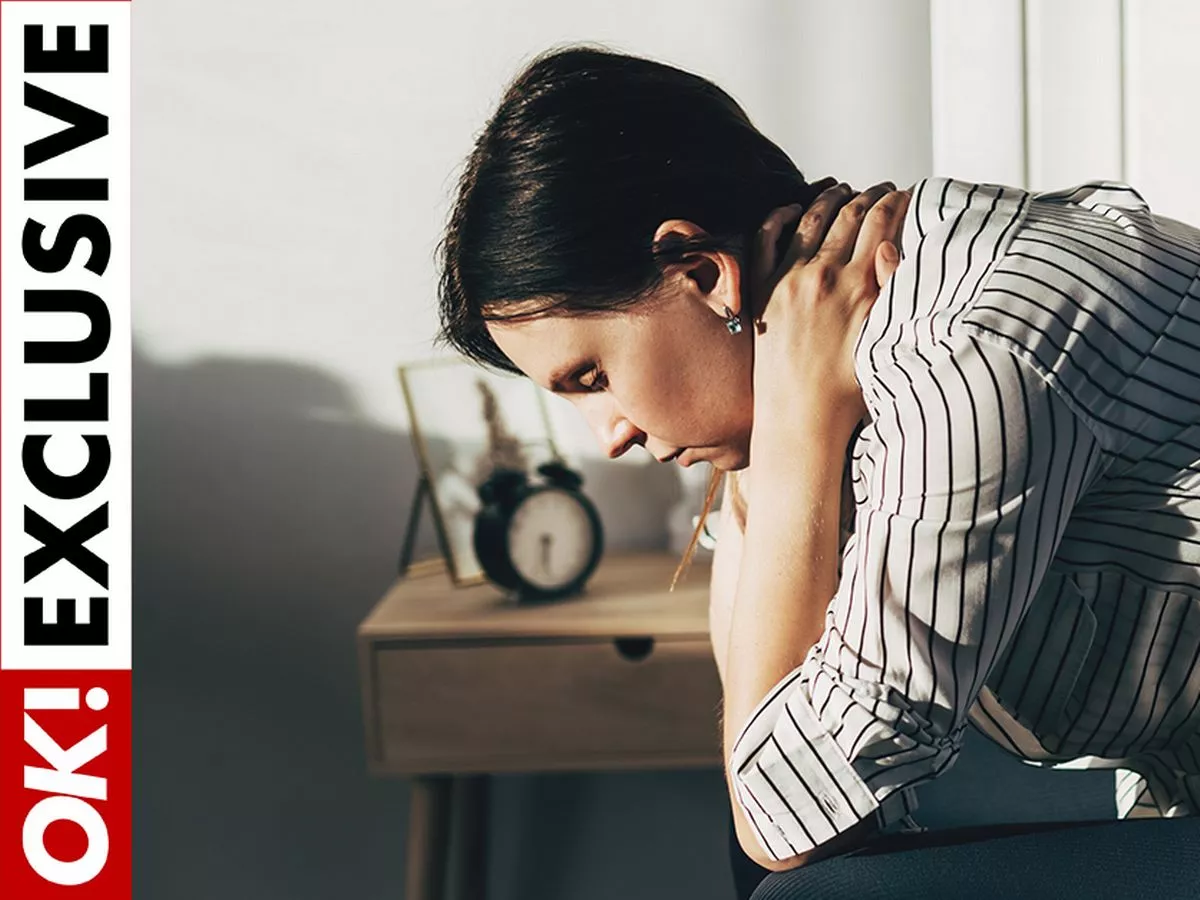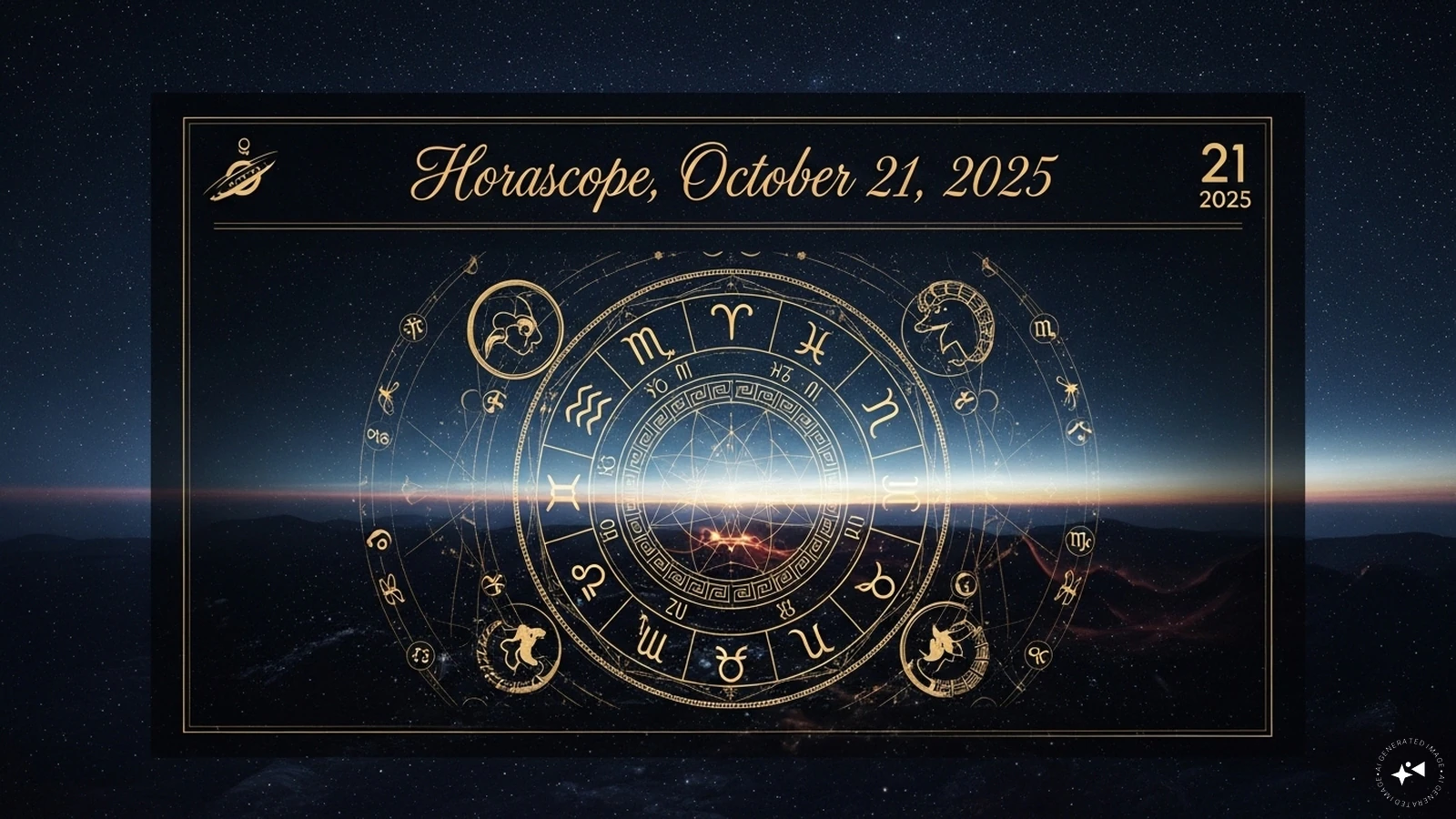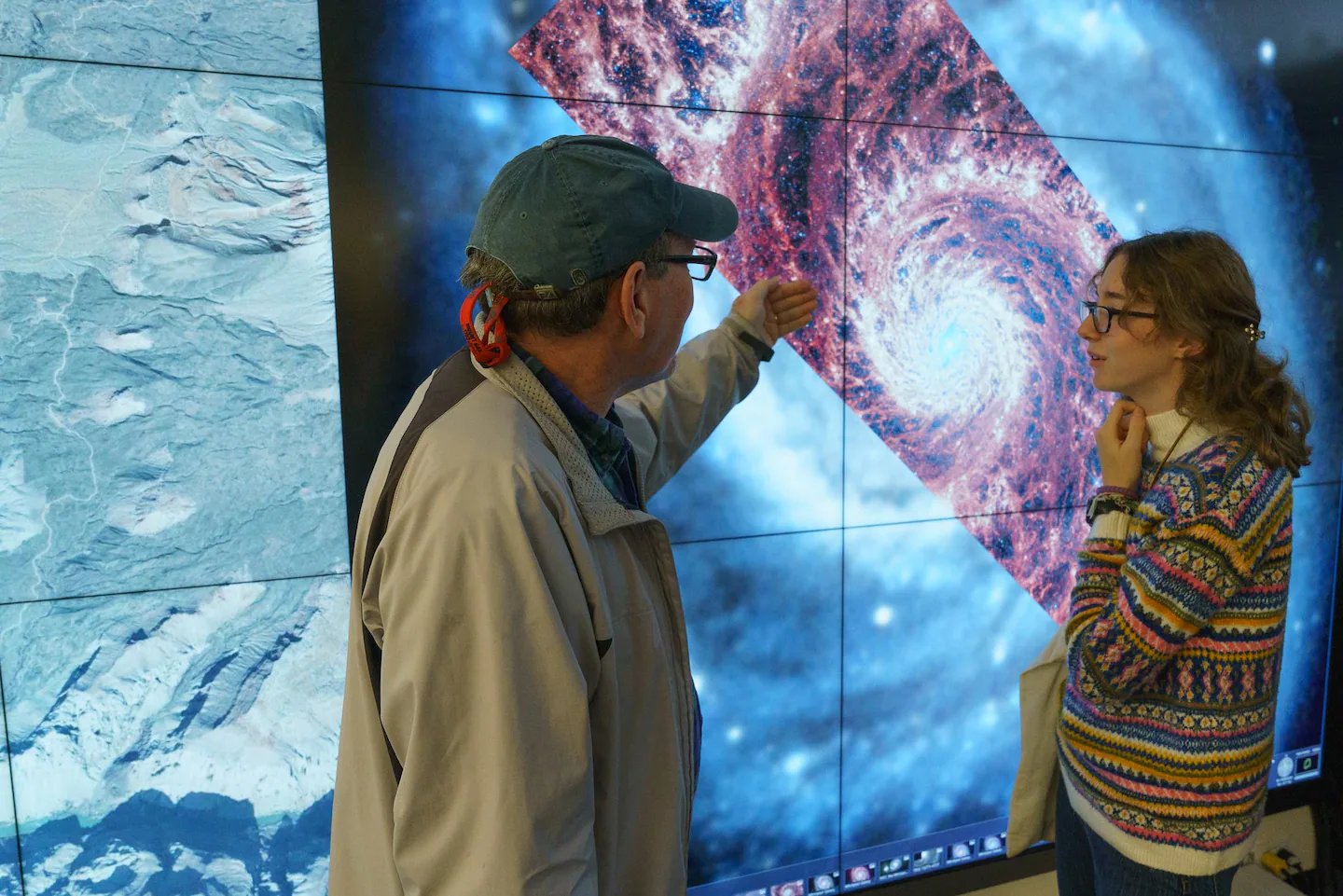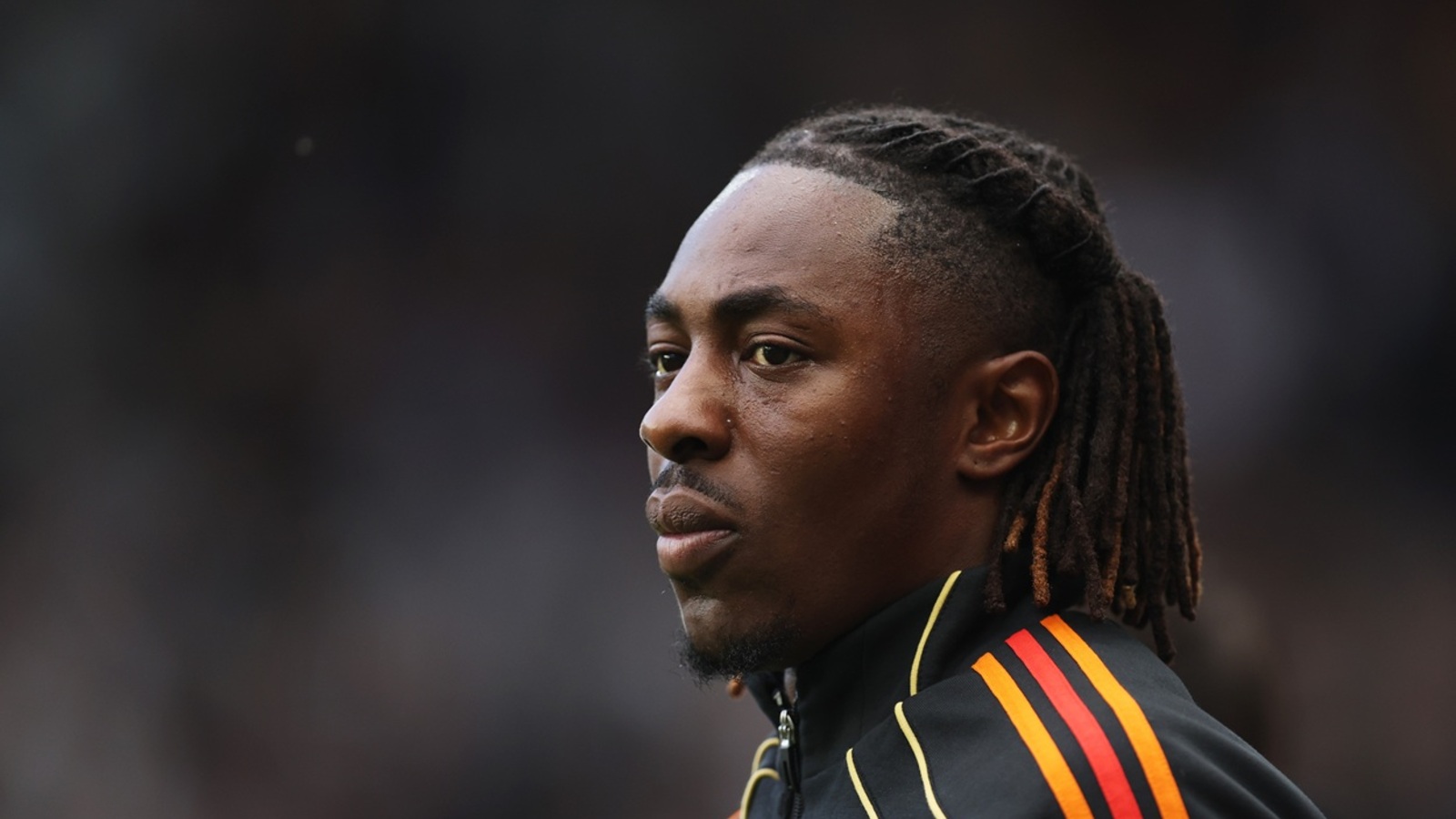Copyright ok

In Lalalaletmeexplain 's hit column, readers ask for her expert advice on their own love, sex and relationship problems. With over 200k Instagram followers, Lala is the anonymous voice helping womankind through every bump in the road. An established sex, dating and relationship educator, she’s had her fair share of relationship drama and shares her wisdom on social media to a loyal army of followers. Every week thousands turn to her to answer their questions (no matter how embarrassing), and her funny, frank approach to love and relationships has made her the ultimate feel-good guru. For this week's column, simply continue reading... Dear Lala, Someone I was very close to when I was 19 ended up telling me that they were a victim of childhood sexual abuse. I was the first person they told and eventually they did tell the rest of their family and the police. The perpetrator was a family friend who was also a child but was a few years older. The victim’s family had absolutely no idea this occurred until later on. This was over 15 years ago, but I’m now wondering if I want children, and there are many factors that feed into that. But one thing my mind continually comes back to is how could I have children when that might happen to them? Unless I never let them be alone with other kids? I can’t imagine a scenario where I would be happy leaving my child alone with anyone who wasn’t my or my partner’s immediate family. This feels totally paranoid and excessive, but my mind has justified it as a real concern as the whole situation was devastating for everyone involved, even though 100% of the blame lies squarely with the perpetrator. I guess my question to you if you see this is: as a parent, how could I effectively stop this from happening to my child? Lala Says, The fact that you were the first person that your friend chose to talk to about their childhood abuse says a lot about you and your character. They felt safe and protected by you and they knew that you would have an appropriate reaction. The fact that the knowledge of what they went through has stayed with you and made you have such strong reflections on how important it is to protect children is another sign of your character. You are thoughtful and considerate and you are deeply aware of the risks that children and families can face. These are all excellent qualities for a parent to have and they are qualities that help to keep children safe. The vast majority of child sexual abuse is committed by people the child already knows most often family members, family friends, or trusted adults not by strangers. In intra- familial abuse alone (within the family or extended family), around two-thirds of cases involve a male relative. At least one third of child sexual abuse is perpetrated by other children or young people (often siblings, baby sitters, cousins or peers). The World Health Organization (2020) estimates that 1 in 5 women (20%) and 1 in 13 men (8%) experienced sexual abuse as children. A 2023 meta-analysis in The Lancet Public Health found similar global prevalence, 12% of children overall, equating to hundreds of millions worldwide. Sadly, child sexual abuse is a reality and a real risk that all parents must protect their children from. The starting point for that protection comes from having an understanding and awareness of the risks. Many parents are naive to the fact that most abuse is perpetrated by people known to them. A lot of people are hot on ‘stranger danger’ but less knowledgeable about the risks that an older sibling or uncle may pose. People don’t want to believe that someone who they know to be a lovely, funny, kind person could also be capable of depravity and abuse, they have cognitive dissonance around it. They believe that all perpetrators are monsters, when actually, they are usually friendly and able to charm and groom people into feeling safe around them. Being a safe parent means striking that balance between acknowledging that everyone is a potential risk to your children, whilst ensuring that you still allow them to live a full life and build bonds with loved ones. After ensuring that you are well educated about all the potential risks to your children (not just sexual), the next step is educating your children from day one. It is never too early to teach them the correct words for their body parts and to teach them about consent. We teach them early consent messages by doing things like making sure that we immediately stop if they giggle STOP at us whilst we are tickling them - we can use moments like that to say “I stopped because you said so, you have the right to say what happens to your body and when you say stop if someone doesn’t listen then you must get help, you must keep saying stop”. We can teach them by making sure we don’t force them into kissing or hugging relatives to be polite, if they don’t want to we say “That’s fine, if you don’t want to kiss/hug someone, that’s your choice.” We must give them messaging from a very young age about private areas and the NSPCC pants rule . We can make sure that secrets are not allowed in our homes and that no adult should ever ask them to keep anything secret. There are lots of ways in which we can help to educate our children, and the older they get the more information you can give them about what they need to be protected from. You can’t ever fully guarantee your child’s safety. The world carries risks, and parenthood means living with a low, constant hum of anxiety about those risks for the rest of your life. But fear of harm shouldn’t be the reason not to have children. Wanting to protect them is the same instinct that makes someone a good, conscious parent. You can’t eliminate all dangers but you can raise them in an environment where safety, openness, and trust are woven into daily life. You can teach them to recognise wrong, to speak up, and to know that you’ll always listen. It’s heavy, parenting means carrying a heart that lives outside your body, it really does invite anxiety into your life, but the love, joy, and purpose that come with it are what make that weight bearable.



